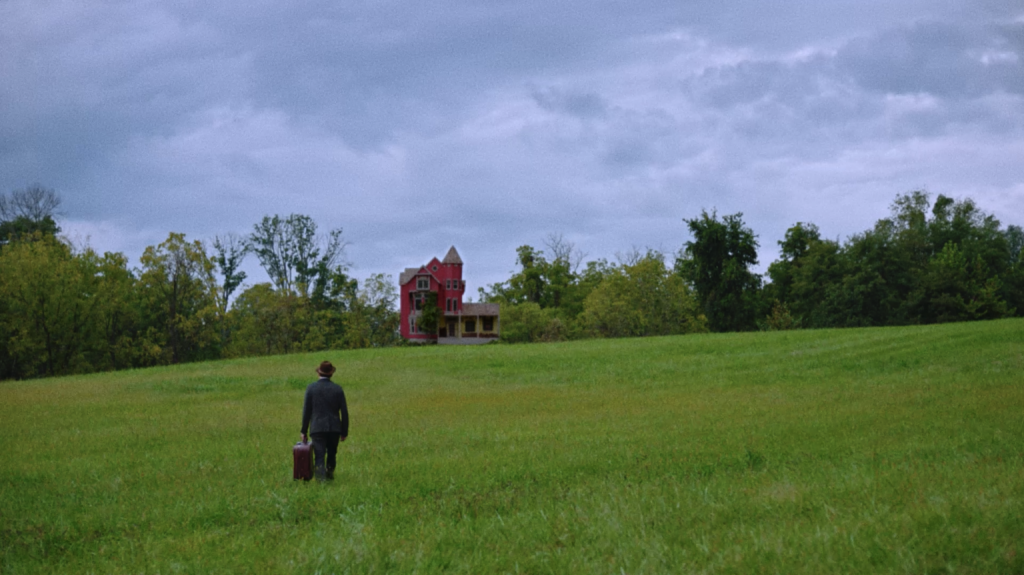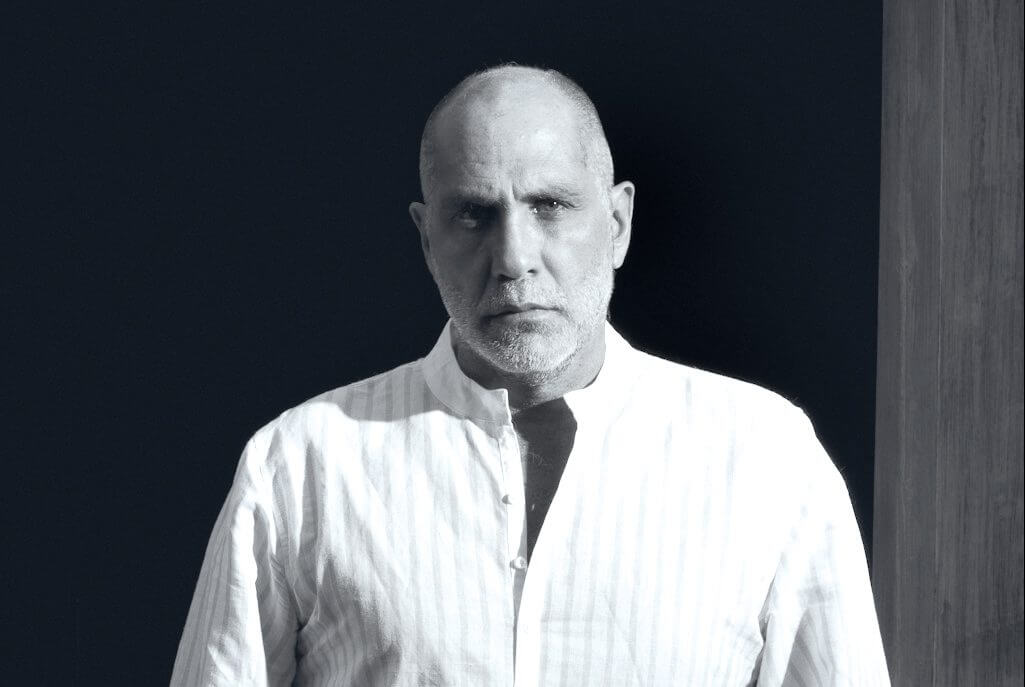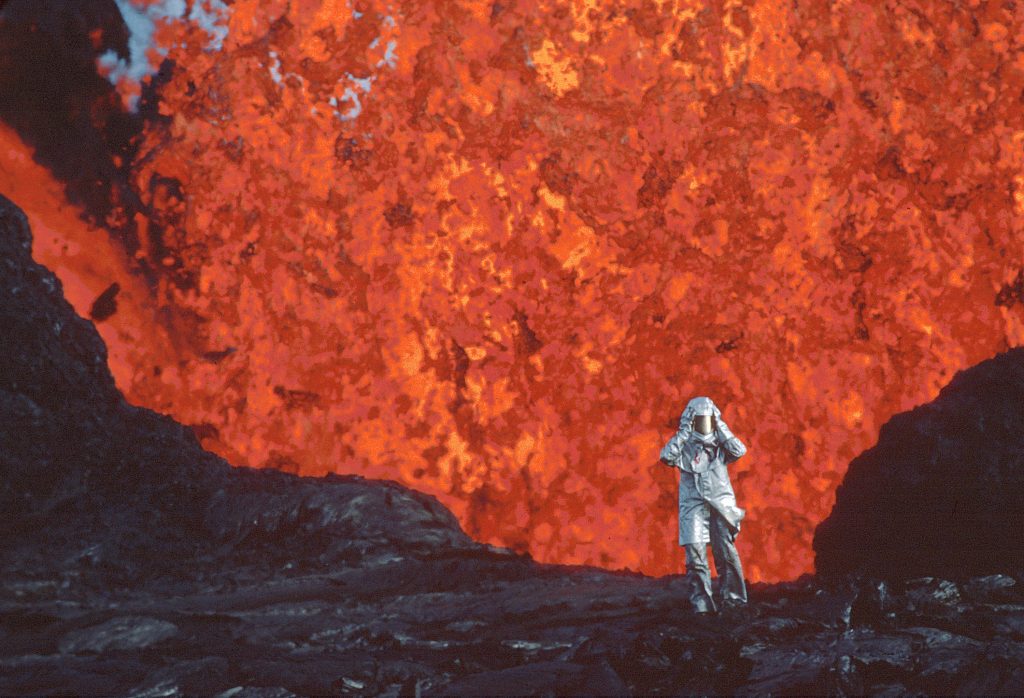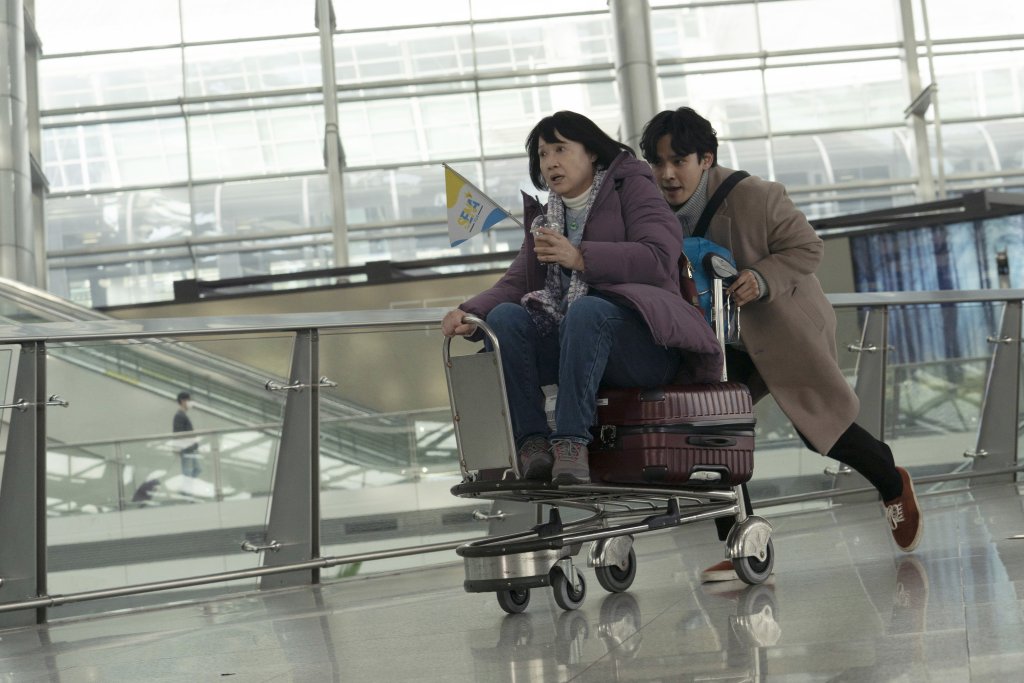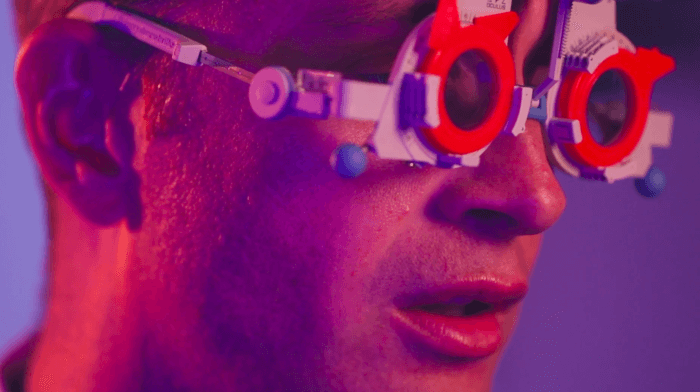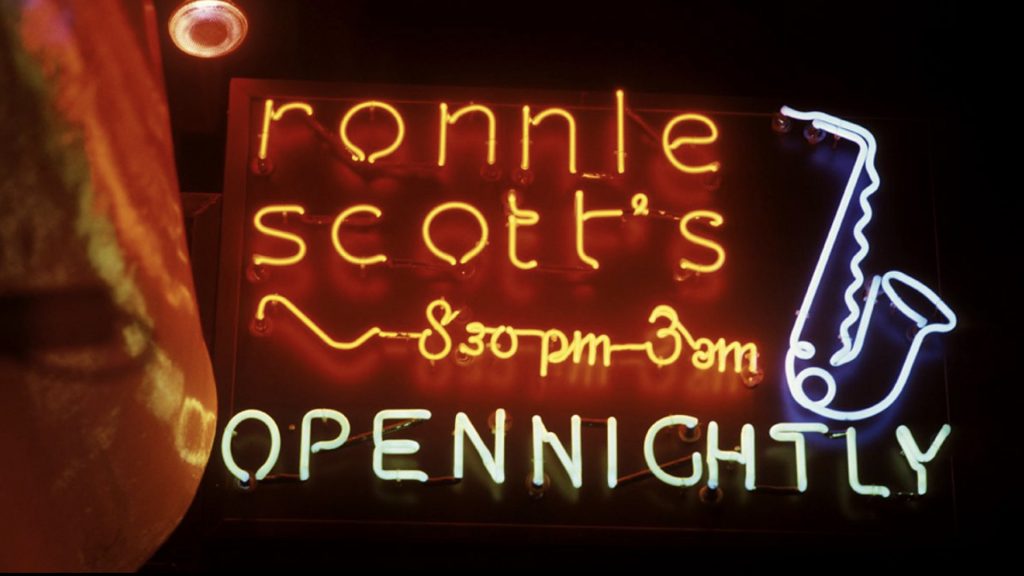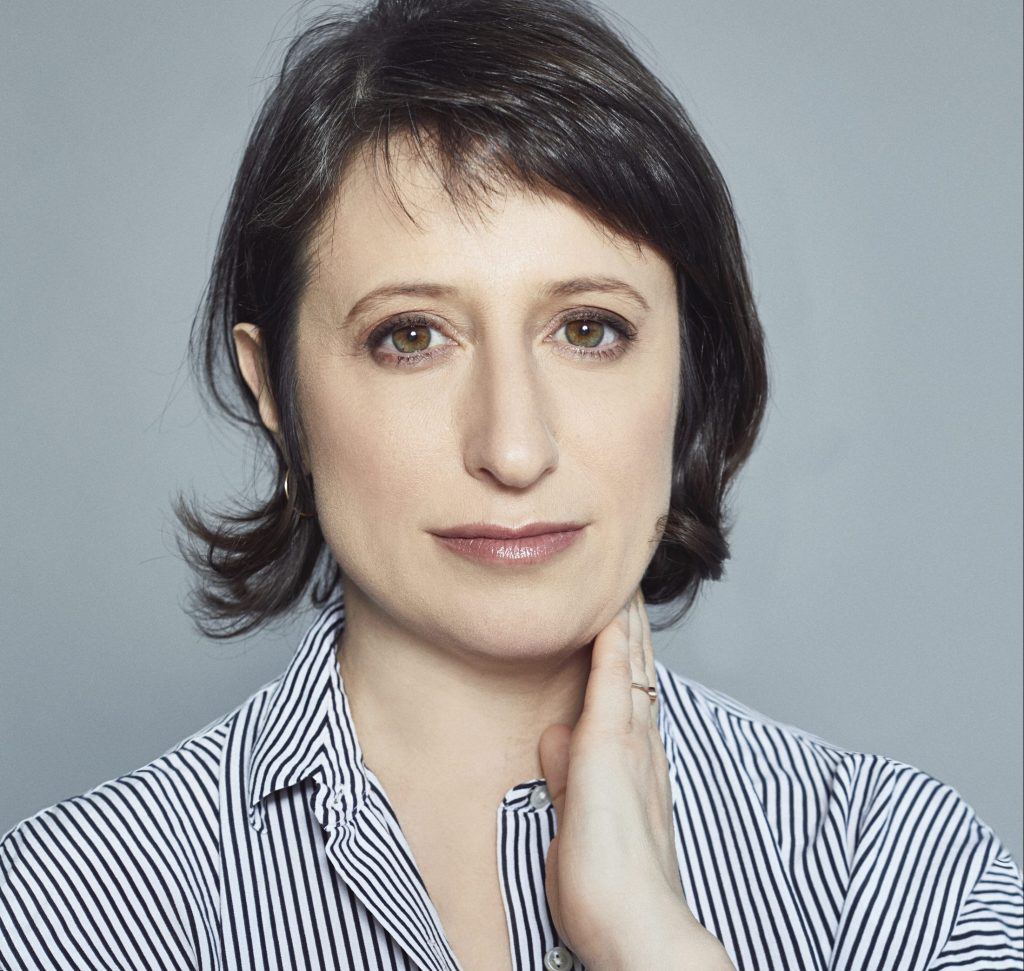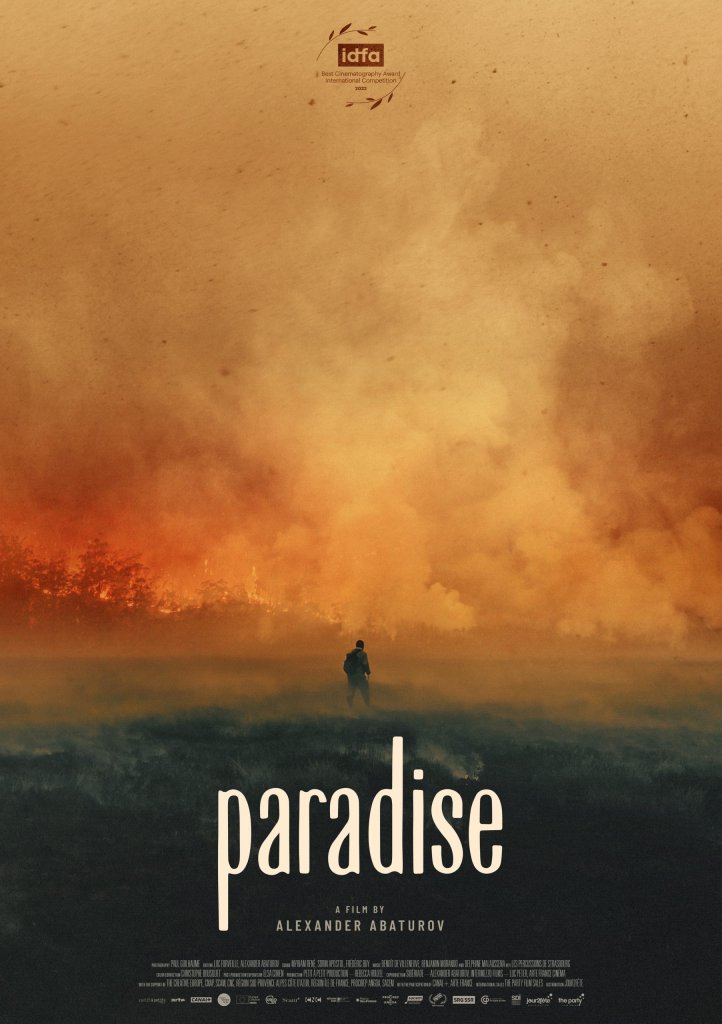A Q&A With Kiwi Filmmaker Cathy MacDonald
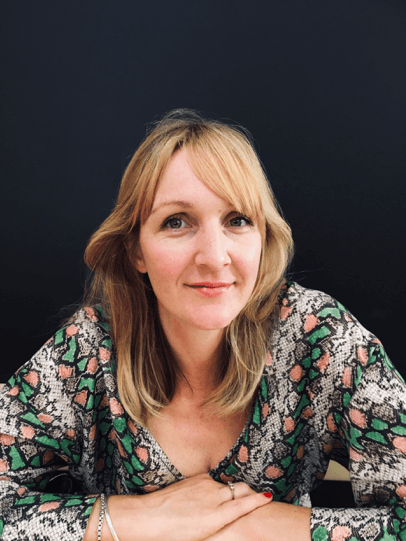
Dichotomising working life and motherhood is an art, and one writer and director Cathy MacDonald is successfully honing. A Kiwi who spent nearly a decade in the United Kingdom, she won a run of awards, writing and directing promos and commercials for everyone from Disney, to the BBC. Her quirky documentary short Roger the Real Life Superhero was selected for 11 international film festivals. She escaped London several years ago to return to New Zealand, linking up both professionally and romantically with her partner, director of photography (DOP) Fernando Hart, along the way. She is fervently carving out projects in her motherland. MacDonald has continued to further her written and directorial efforts with the comedy short, #Collapsingempire.

FRONTRUNNER meets MacDonald and discusses her background and next steps forward.Prior to documentary filmmaking, you built a career around directing campaigns and content for a variety of broadcasters, worldwide. What prompted you to make the leap?
I think when you’re young you assume there is going to be a career trajectory. Our industry is so vulnerable to the whims of the economy and change that you have to learn some resilience, to roll with the punches, and to adapt. Coming back to New Zealand was a bit like that. The industry here is around a twentieth of the size of the UK industry. It was a shock to the system. All the work I had been banking during my first pregnancy started to pay off when I was pregnant for the second time – I was approached and being met with all kinds of opportunities which was fantastic, but also tricky, given the timing! I always wanted to tell my own stories. My first short was the documentary, Roger the Real Life Superhero, which I shot, directed. It was edited and co-produced with a journalist friend, Felicity Monk. Then came Turangawaewae (funded by US based Real Ideas Studios). A drama about infertility, The December Shipment followed, succeeded by the comedy #Collapsingempire
The historical conflict between the Māori and Pakeha is an important chapter in New Zealand’s history. At the heart of one of your earlier films – Turangawaewae, A Place to Stand – is the study of one couple’s relationship, navigating the racial and cultural divide. How did the film come about?
Around the world there is a lack of awareness of the experience of indigenous populations. While New Zealand has a considerably better track record than the rest of the world, there is still a long way to go. In his youth the husband, Laly was a pretty controversial figure. But as Kaumatua (elder and chief) he has a lot of mana, which translates as respect, grace. Sadly, at the time of filming, Laly was sick and has since passed, so making the film was quite meaningful for him which makes it especially poignant.
How was the film received in your native New Zealand? Do you think the seeds are finally being sown for more honesty, ownership, and confrontation when it comes to accepting this part of the country’s history?
The film screened on Sky as part of NZ Film Month and has been received well at home and in the USA. There is robust discussion and acknowledgement of the empowerment and rights of Māori in New Zealand. Together with English and New Zealand Sign Language, Te Reo Māori is the national language of New Zealand. Māori are at the beating heart of our culture and society, although still very disadvantaged due to the ongoing effects of colonisation and entrenched poverty.
A real contrast in terms of subject matter, you recently wrote and directed the tantalising, #Collapsing Empire which was shot in half a day. On set, what was it like making a film in such a limited time frame?
I’ve spent a lot of time directing commercials on big sets, where the intimacy can be lost. I wanted to shoot something small, simple and intimate to focus on the performances and the shifting power dynamics. I was pregnant and had an 18-month-old so I wanted it to be a short day, nothing too complex from a shooting point of view. I wrote it in a night and shot it in half a day with zero budget. Due to hold-ups all we had time to shoot was coverage!

Photo credit: Ross Brown
The script is sharp, hilarious and painfully awkward throughout. At points, excruciating and seat-squirmingly so! Did you set out with the intention of nailing the simultaneous awfulness, and often absurdity of a first date?
The female character was based on someone I know, a brilliant academic who’s buried so deep in her subject area that she has lost her sense filter in terms of polite conversation topics! She’s one of the most interesting people I know. The guy was like basically every NZ male, ever. So far this year it’s been accepted to festivals in China, Tahiti, Istanbul, Auckland, Sydney and Seattle. Getting ripped off at restaurants by bolshy waiters is a universal experience. Sadly COVID has stopped the film’s festival season in its tracks.
Further to the cancellation of so many of this summer’s film festivals, owing to COVID-19 (of which you have personally felt the impact) how are you approaching this new landscape, and what does the future hold for filmmakers like yourself who aren’t reliant upon the financial backing of big studios?
Like everyone, I’m worried and curious about the future. But we are by definition an industry of adaptable, creative problem-solvers so we will find a way. While I worry for everyone who needs functioning sets to survive, as a writer I’m fortunate. So long as we can get together with a decent kit, good ideas and a passion for the craft then we’ll still be able to tell stories. Frankly, that’s how we’ve always done it down here in New Zealand.

#Collapsingempire (2020)
Dir. Cathy MacDonald
Photo credit: Alchemy Content Films
What’s next for you?
I feel as though I’m finally climbing out of the baby hole. I’ve stepped off the directing in the last few years. The pressure of a time commitment is too much in terms of delivering treatments at short notice. Instead, I have been focusing on screen writing, developing ideas and lining them up to shoot them when the kids are a bit older. That’s ultimately what I want to do. I’ve always been fortunate enough to write what I direct and direct what I write, but first and foremost I have always been a writer. I was the kid that carried around a pocket thesaurus!
Having children really focuses you to be specific, so I have done a lot of thinking about my voice. What do I want to say? What do I want to make? This has crystalised by way of life events. My dad died, and that made me realise I wanted to make people laugh. Life is really hard sometimes so let’s make people laugh about it! But I’m also really angry at the state of the world so I want to make stuff that also makes people think. Yes, I want to direct, but the thing that is most natural for me is conceiving characters. The writing needs to come first.
#Collapsingempire was a taste of a certain genre, a certain performance style and a type of storytelling – a comedy that’s intelligent and tries to make people aware of some of the hypocrisies according to the world we’re living in. At the moment, I’m developing a couple of series ideas. Both are comedies. One is set in a wellness centre with influencers and sex therapists – the weird self referential, self congratulatory world of the privileged, with lots of rivalry and squabbling! The other is about lockdown. I’ve two other series I’m working on with a production company, currently parked while we’re all dealing with this strange situation. When you feel you have said something others can’t articulate, that’s what I crave and so that’s the stuff I want to make.
While there’s still a long, long way to go, it’s a brilliant time to be a female filmmaker. It’s incredible how much has changed. Stories are just better with a diverse cast, complex female characters; a true female experience. I still get a lump in my throat when I see something intimately familiar reflected on screen. It’s still so novel as to be a thrill. That’s why I make films. I needed to experiment in order to find my voice, but I’ve always been driven by a dark sense of humour, a regrettable honestly and a violent earnestness. When I’m writing characters I often surprise myself at what comes out. I’m finding that balance of staying focused, servicing the projects that are in development that have a certain amount of momentum already, and staying open to any upcoming opportunities as well. We are by our nature an industry of incredibly resourceful, resilient, creative and adaptive people. People need content, we need stories, especially at this time of trauma. For me, some of what I need to say is reassuring and so surely it’s what other people need to hear as well? It’s a good time to be a woman developing comedy.
The full-length film, Turangawaewae, A Place to Stand, can be viewed here.

